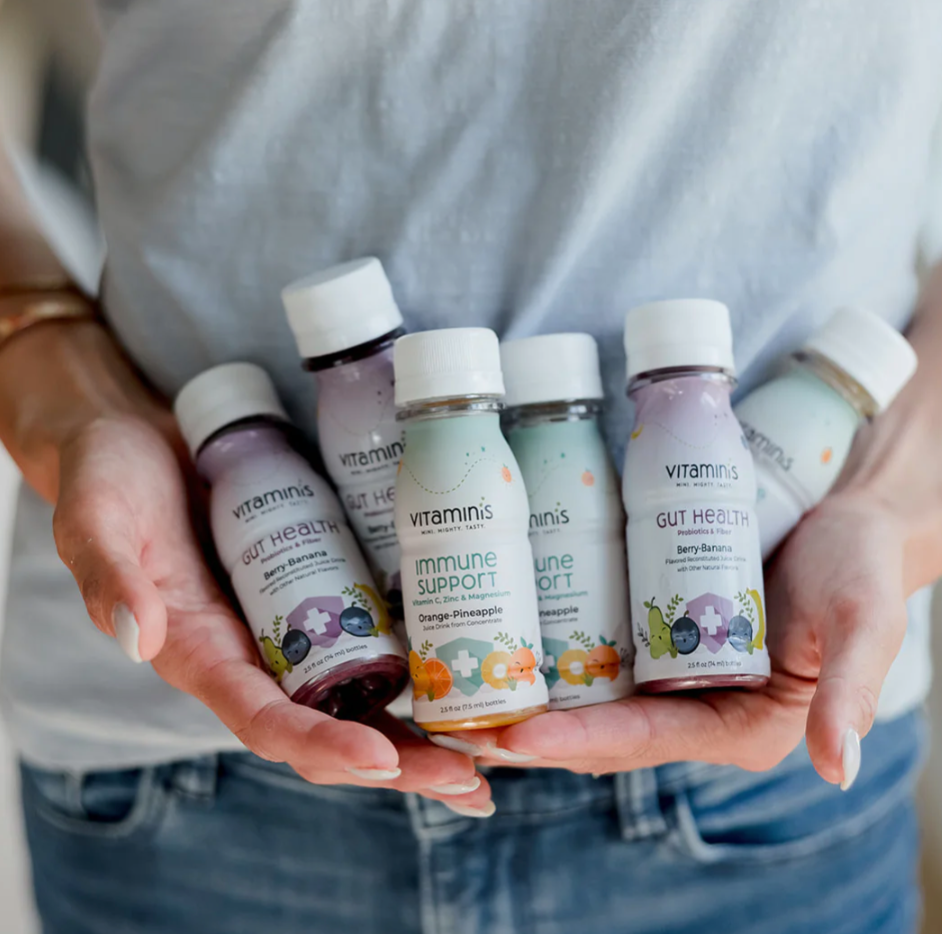
Regulation and the Trouble with Supplements
When it comes to our health and well-being, we rely on the oversight and regulation provided by government agencies to ensure the safety and efficacy of the products we consume. In the realm of beverages and supplements, there exists a crucial distinction between FDA regulated drinks (like Vitaminis!) and supplements. This blog post aims to explore this difference and shed light on the potential dangers of unregulated claims in the supplement industry.
Beverages such as soft drinks, juices, and sports drinks fall under the regulatory purview of the U.S. Food and Drug Administration (FDA). Vitaminis falls into this category, which is why you see a nutrition facts panel on the bottle and box. The FDA sets specific guidelines and standards for safety, labeling, and quality control, ensuring that these drinks meet certain requirements before they can be sold to the public. Manufacturers must adhere to rigorous processes, including ingredient approval, labeling compliance, and adherence to Good Manufacturing Practices (GMPs), to ensure consumer safety. This is why you can rest easy drinking Vitaminis, knowing what you are getting and that it is safe for you and your family.
Unlike FDA regulated drinks like Vitaminis, dietary supplements fall under a different regulatory framework. Under the Dietary Supplement Health and Education Act (DSHEA) of 1994, supplements are considered a separate category and are subject to less stringent oversight. While the FDA does regulate some aspects of supplement production, such as labeling and manufacturing practices, pre-market approval for safety and efficacy is not required. This lack of regulation allows manufacturers to make unverified claims without providing scientific evidence.
The absence of pre-market approval for supplements has given rise to a significant concern: the proliferation of unregulated claims. Manufacturers often make bold promises about the health benefits of their supplements without sufficient scientific evidence to support these claims. This practice can mislead consumers into believing that supplements alone can cure diseases or provide extraordinary results, jeopardizing their health and potentially hindering them from seeking appropriate medical treatments.
Unregulated claims in supplements pose various dangers to consumer health. First, without the FDA's rigorous testing and oversight, the quality, purity, and accurate labeling of supplements may be compromised. This increases the risk of harmful substances, incorrect dosages, and potential drug interactions. Second, consumers may rely solely on supplements, neglecting a balanced diet and evidence-based treatments. Finally, false claims can delay or prevent individuals from seeking proper medical advice, potentially exacerbating their health conditions.
Understanding the difference between FDA regulated drinks and supplements is vital for consumer safety. The lack of pre-market approval for supplements leaves room for unregulated claims, which can be misleading and potentially harmful. Vitaminis are an FDA regulated beverage, so you can rest assured about the safety and transparency in what you are putting in your body. Vitaminis were designed to be clean, free of added sugar and strange ingredients, tasty and fun. Something you can enjoy and feel good about!
